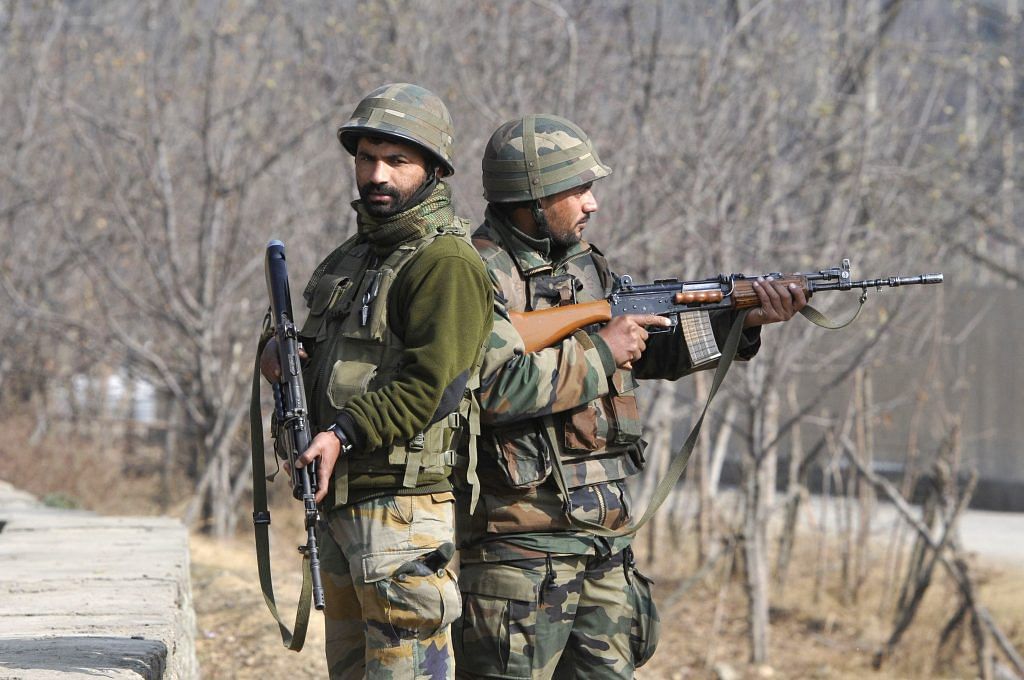BVR Subrahmanyam, as additional chief home secy of Chhattisgarh, oversaw state police’s ‘toughest war against’ Maoist insurgency.
New Delhi: A day after the BJP walked out of the Mehbooba Mufti-led PDP-BJP government in J&K on the grounds of the state’s deteriorating security situation, the Narendra Modi government may have given the first indication of how it plans to tackle the situation now.
Chhattisgarh home secretary BVR Subrahmanyam, an old Prime Minister’s Office (PMO) hand, has been sent to J&K on deputation with immediate effect.
Subrahmanyam’s move to the militancy-hit state clearly signals a return to an aggressive muscular policy in J&K.
As additional chief secretary (home) in Naxalism-hit Chhattisgarh, Subrahmanyam is credited with charting and overseeing the state police’s ongoing “toughest war against” the Maoist insurgency. He has worked in Manmohan Singh’s as well as Narendra Modi’s PMO, and is seen as a tough taskmaster.
“He is being sent to Kashmir with a specific purpose. Some more appointments will be finalised in the next few days,” said a senior officer.
“I don’t know whether you can call it a return to muscular policy, but, yes, there will be no let-up in anti-militant operations, and stone-pelters and separatists will be dealt with an iron hand,” the senior officer added.
One of the first challenges that could confront Subrahmanyam is the upcoming Amarnath Yatra, which is always a big security headache. The Centre would be anxious to ensure that there is impenetrable security for the yatra to ensure nothing untoward happens. Just last year, eight pilgrims died when a bus on its way back from the shrine was attacked by militants.
Any incident this year, even a minor one, will be viewed as a failure of the Centre’s policy.
There are also indications that senior J&K-cadre IPS officer S.M. Sahai, currently posted in the National Security Council Secretariat (NSCS) and considered close to national security adviser Ajit Doval, may also be moved back to the state soon.
Sahai was moved out of J&K in the aftermath of the protests that followed the death of Hizbul Mujahideen militant Burhan Wani in 2016. His transfer was seen as an attempt by Mehbooba to send out a message to Kashmiris that she was keen to deal with the situation administratively, and not through use of force.
The BJP decision to end the J&K alliance was taken after the failure of the much-hyped Eid ceasefire, which didn’t succeed in curbing violence in the Valley.
